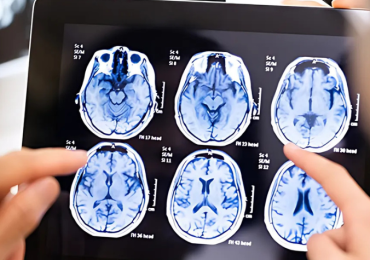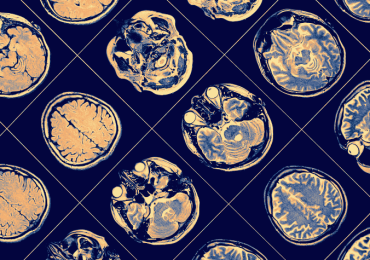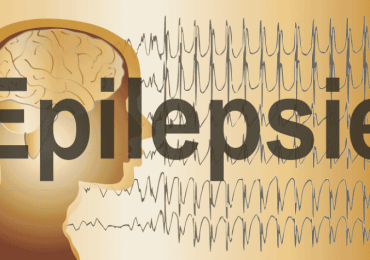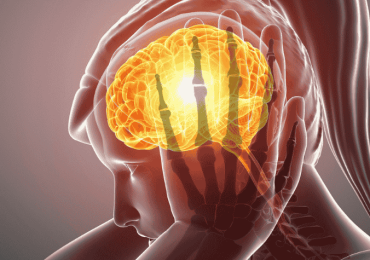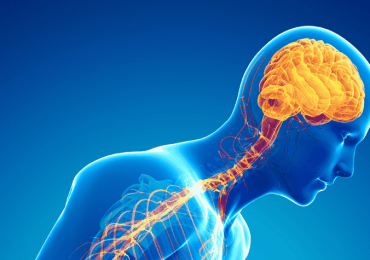Comprehensive Neurological Care
Dedicated to Advanced Diagnosis and Treatment
for Neurological Conditions
Book Your Appointment Today
Schedule your appointment today for expert care and personalised attention!
Advanced Diagnostics and Expert Treatment for a Healthier Life
At West TN Neurology Clinic PLLC, we specialize in diagnosing and treating a wide range of neurological conditions with precision and care. Using advanced technology like EMG and EEG:
Salman Saeed, MD, FAAPM,
a highly respected neurology specialist serving Bartlett and Dyersburg, Tennessee.
With advanced training and a passion for patient care, Dr. Saeed focuses on improving the quality of life for his patients through innovative diagnostic and treatment approaches.
After earning his medical degree, he completed a residency at New York Medical College, where he served as chief resident, followed by a fellowship in clinical neurophysiology at the University of Louisville. Dr. Saeed is skilled in treating a wide range of neurological conditions, including peripheral neuropathy, Alzheimer’s, multiple sclerosis, Parkinson’s disease, and stroke recovery.
- Working since last 20 years in medical field.

Expert Neurological Care You Can Trust for a Healthier Tomorrow
Our team of skilled neurologists combines advanced technology with compassionate care to provide personalized treatment plans. With a focus on accuracy, innovation, and patient well-being.
Experienced Leadership
Led by Dr. Salman Saeed, a highly skilled neurologist with specialized training and extensive experience.
Advanced Technology
Accurate assessments using diagnostic tools like
EMG and EEG.
Personalised Care
Tailored treatment plans based on individual needs and goals.
Comprehensive Expertise
Expertise in treating a wide range of neurological conditions.
Our Latest News & Articles!
Explore mInsights for a Healthier Mind and Lifeore in out Blog section


